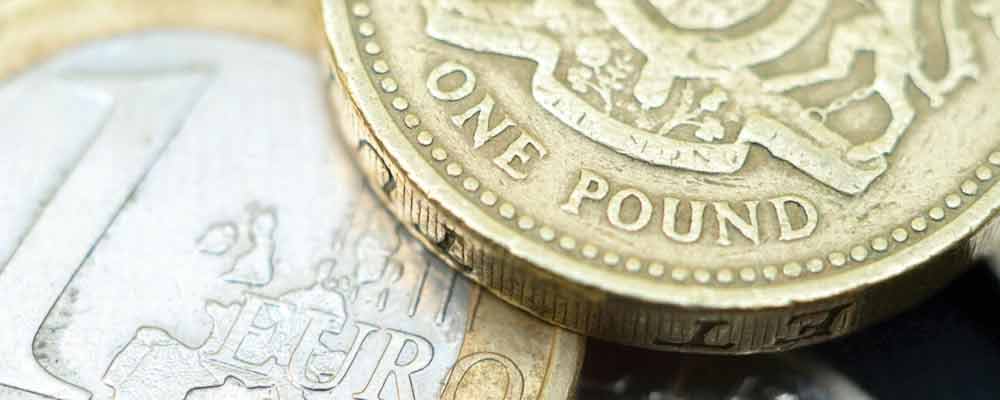EUR/GBP Exchange Rate Rangebound as UK Political Developments Remain in Focus
The Euro Pound (EUR/GBP) exchange rate held steady at £0.907, following the publication of August’s UK GfK consumer confidence figure. These fell below forecast, from -11 to -14.
Joe Staton, the Client Strategy Director at GfK, commented:
‘Until Brexit leaves the front pages – whenever that will be – consumers can be forgiven for feeling nervous not just about the wider economy but also about their financial situation.’
Sterling traders have turned their spotlight on the UK’s political developments today following Prime Minister Boris Johnson’s announced suspension of Parliament from mid-September until October 14, when the Queen’s speech is due to take place.
More and more Tory rebel MPs are stepping up to block a no-deal Brexit, with former Justice Secretary, David Gauke, urging colleagues to act immediately against the Conservative Government.
Mr Gauke said:
‘It does look like next week is essentially the only opportunity parliament will have to maintain some control over this process and ensure that it has a say before we leave without a deal. I don’t think one can rule out the possibility of parliament being able to find a way through this.’
Former Prime Minister John Major has also joined in block Boris Johnson’s attempt to prorogue Parliament, further adding pressure on the Conservative Government as cross-party alliances increase.
EUR/GBP Exchange Rate Steadies as Eurozone Inflation Holds Steady
The Euro eased following the publication of August’s flash Eurozone core inflation figures, which held steady at 0.9%, despite a 1% consensus. The year-on-year figure however held at 1%.
As a result, this bolstered Eurozone market expectations of the European Central Bank (ECB) easing its monetary policy in September.
Analysts at Reuters commented:
‘The ECB’s Governing Council holds its next monetary policy meeting on Sept. 12 and has all but promised a stimulus package, with economic growth faltering amid a global trade war and Germany’s manufacturing sector already in recession.’
‘Market expectations are that it will carry out several interest rate cuts in the coming year, along with a fresh round of bond purchases, commonly known as quantitative easing.’
Today also saw the publication of July’s German retail sales figures, which fell to a worse-than-expected -2.2%. As this was their biggest fall in 2019, this has further exacerbated fears of a recession for the German economy.
EUR/GBP Outlook: Brexit and Italian Political Developments in Spotlight
Euro traders will be looking ahead to Monday’s release of August’s German Markit manufacturing PMI.
Any signs of improvement could provide some relief for European markets, as this would ease fears of the Eurozone’s largest economy slowing down.
Meanwhile, Sterling investors will also be awaiting Monday’s UK Markit manufacturing PMI for August.
However, the EUR/GBP exchange rate is likely to remain volatile, as political developments escalate surrounding the UK’s Brexit and Italy’s own political uncertainties surrounding the appointment of a new coalition government.



